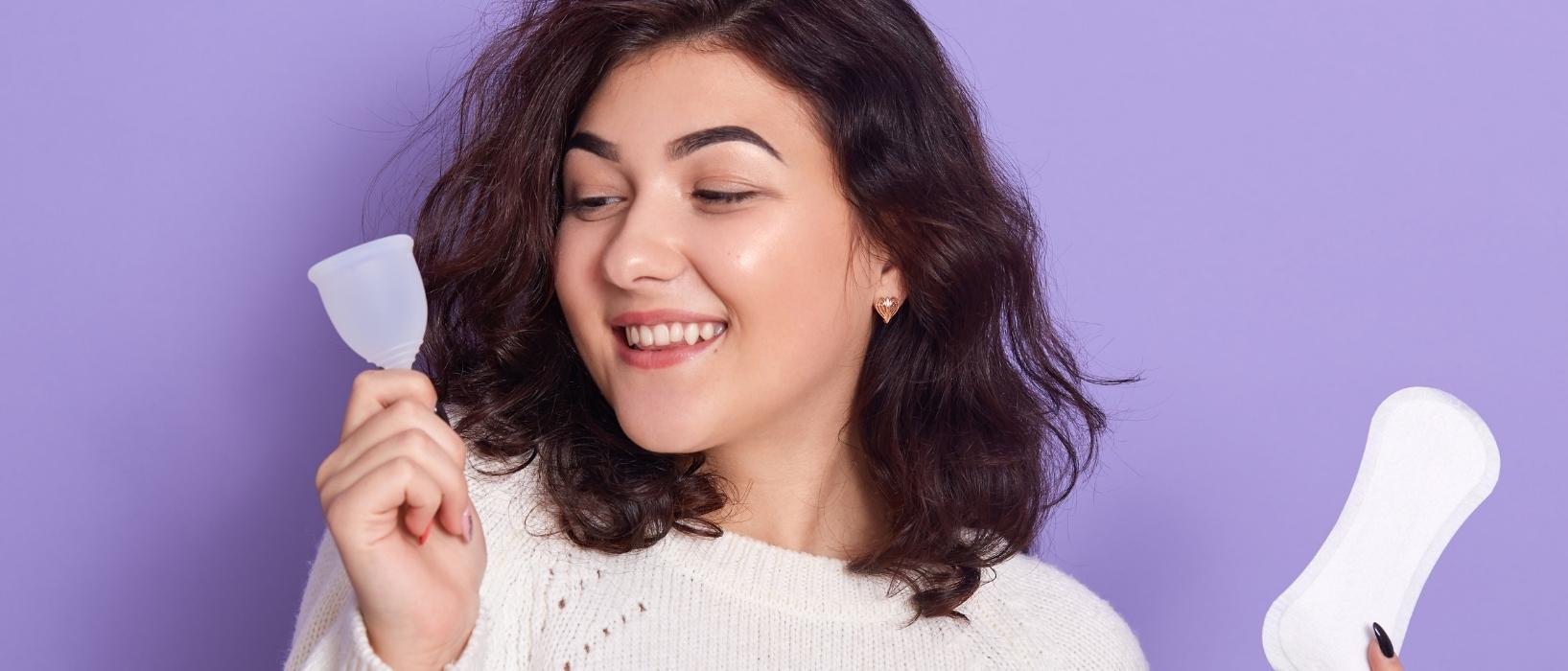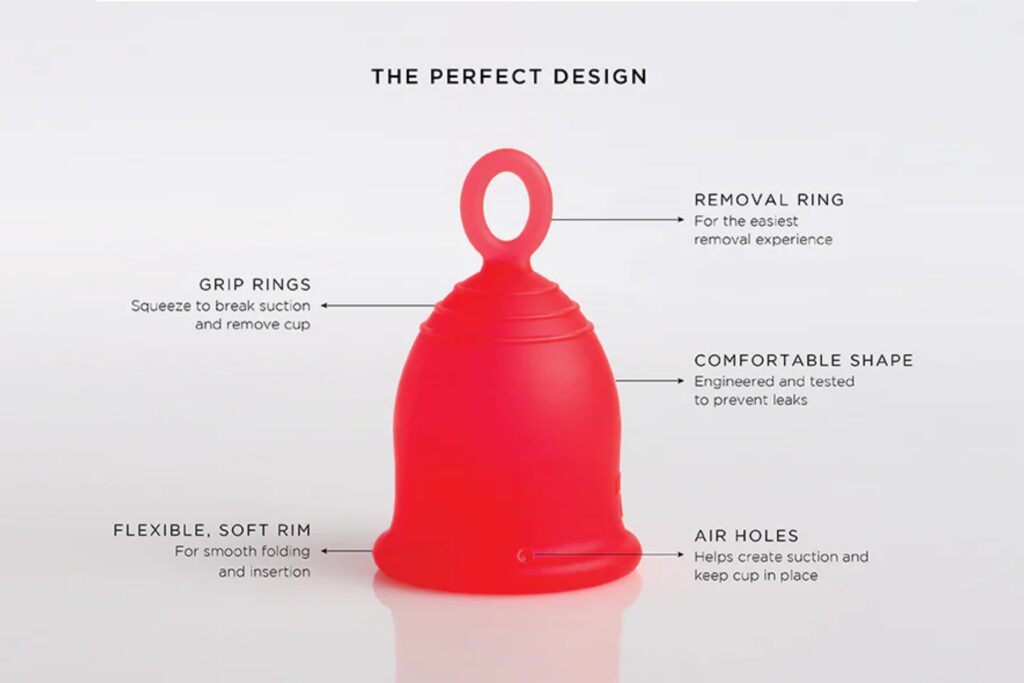
Throughout history, people have used leftover scraps of fabric, soft bark, or whatever other natural materials were available and absorbent to manage their periods. Yet, as the world developed, disposable pads and tampons became the more popular choice.
While initially marketed as a more hygienic and discreet way of dealing with menstruation, the rate at which they’re used is seriously harming our planet.
In a lifetime, a single person who menstruates will use between 5,000 and 15,000 pads and tampons and is expected to throw away roughly 400 pounds of period product packaging.
Since these products are often made of plastic and other non-compostable materials, they can take up to 800 years to decompose. Not to mention, their manufacturing leads to higher emissions and the use of resources and environmentally-harmful chemicals.
Making the issue even worse, many of these products are not disposed of properly. It’s been estimated that up to 2 billion menstrual items are flushed down the UK’s toilets each year, creating sewer blockages and putting stress on our water sanitation systems.
The plastics eventually break down into microplastics that enter the ocean, absorbing harmful chemicals as they go. They are then swallowed by marine life, causing health issues and making their way into the food chain, where they may eventually be consumed by humans.
Of course, nowadays, there are many different period products to choose from, and while none are perfect, some are significantly less damaging than others.
Tampons are by far the worst offender. Most tampons are made of absorbent materials such as plastic, rayon, or a cotton blend. On top of that, they come wrapped in plastic and often have plastic strings and plastic applicators.
The plastics used specifically in applicators are made out of low-density polyethylene (LDPE), a particularly harmful environmental pollutant which is also energy-intensive to produce.
Disposable pads are made of the same materials and must be changed just as often, making them just as bad for the environment.
Organic and compostable versions of both do exist. Still, even cotton requires six pints of water to grow one bud, and most non-organic cotton is saturated in toxic pesticides and insecticides.
A more sustainable option is period underwear. This is reusable underwear with multiple absorbent layers of fabric. Depending on a person’s flow, it can be worn all day. While they require rinsing and washing, their environmental footprint is still significantly smaller than their disposable counterparts.
Still, they aren’t the most sustainable (nor economical) option since multiple pairs of underwear are needed per cycle. Instead, menstrual cups are by far the best choice if looking to save money and make a positive impact.
Menstrual cups are bell-shaped devices with a stem made of medical-grade materials such as silicone or latex. While they cost more initially, they can be left in for up to 12 hours and reused for many years.
They are estimated to have less than 1.5% environmental impact of disposable and save a person who menstruates 2,400 pads or tampons in their lifetime.
Despite the benefits, many people who menstruate are still reluctant to adopt them due to stigma, misinformation, and uncertainties about whether they are uncomfortable or unsafe.
That’s why Play It Green would like to introduce the Asan Cup.

Menstrual cups can be tricky to remove for those who have never used them before, especially if you have a high cervix. Asan’s unique ring design makes it incredibly easy: simply pull on the loop to bring the cup lower and then pinch the cup to break the seal.
The ring is made from super soft and flexible silicone, which means you will not feel it at all. In the words of Asan’s users: it’s a total game-changer.
The Asan Cup is also the most sustainable option you can choose for your periods, lasting up to 10 years with no discolouring. And their commitment to sustainability goes beyond just the product.
Asan’s packaging is made from 95% recyclable material, and their cloth pouch is made from 100% natural cotton rather than synthetic fabric. On top of that, all of their suppliers and vendors sign up to their official sustainability pledge.
It’s not just the environment Asan cares about either. Their mission is to eradicate period poverty, and with every cup purchased, they donate one for free to a woman or girl in rural India who cannot afford access to period products. This prevents them from relying on unsustainable and hazardous options such as poor-quality sanitary pads or paper. All of their donations also come with a detailed menstrual health education session.
To get your own Asan Cup, you can visit their online store here and use code PLASTICFREE for 20% off and free UK shipping.
Find out how Play It Green can help you or your business